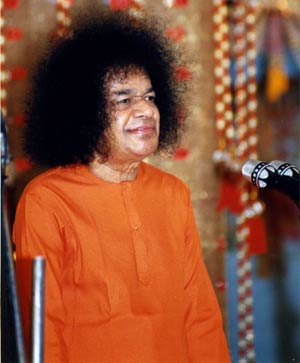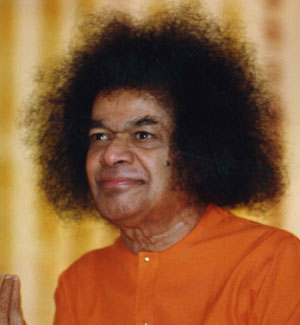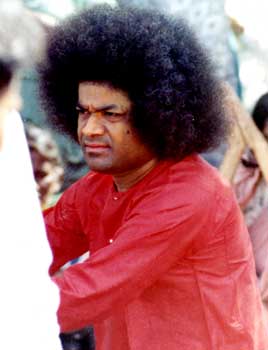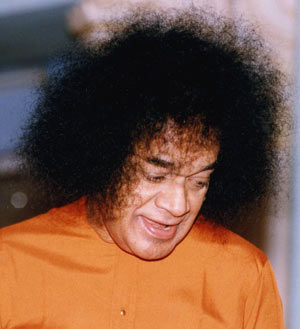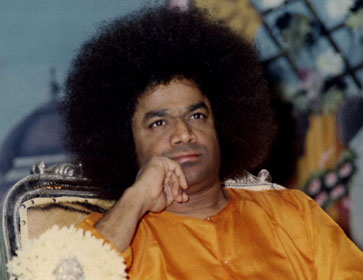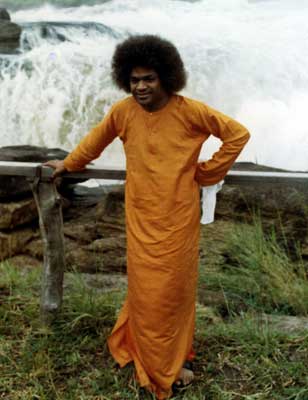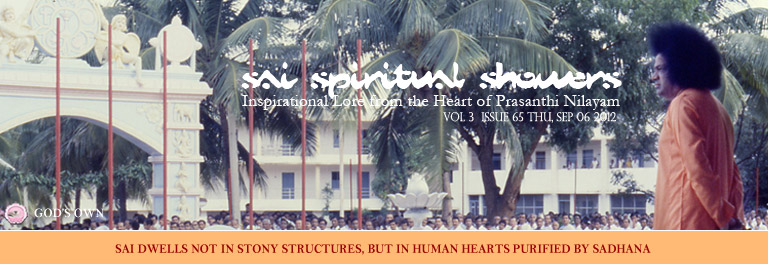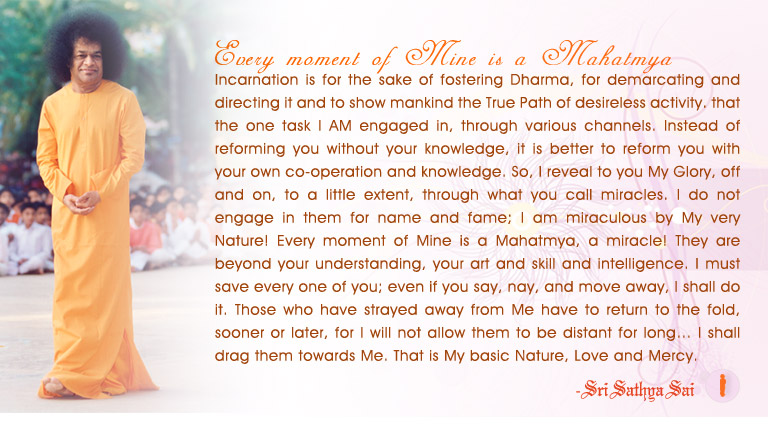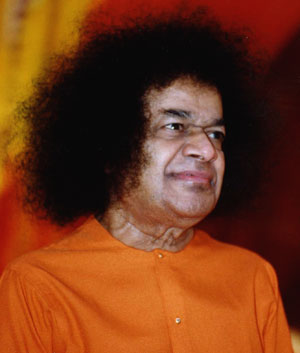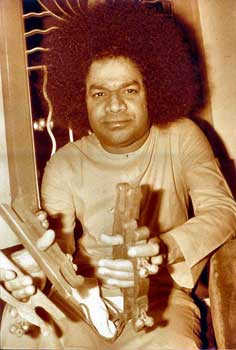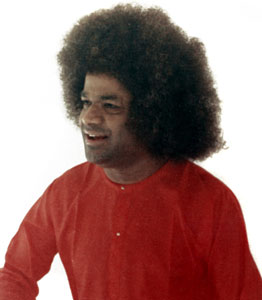One can notice from the people that there are different walks of life. Every human being
has his own desire and ambition, anxiety, etc and he/she tries to do some activity with
a purpose. Similarly, each one will be trying to achieve or attain some goal in life but not without
any purpose, failing which his/her effort will become useless. The actual fact behind this
is that everyone wants to seek happiness. Sometimes, the more one goes behind something,
it moves away from him/her, just like a fox stretching the hands to get hold of the grapes
and getting slipped from its grasp. In total, everyone works for the fulfillment of some sort
of desires. Suppose if one asks a question to himself/herself, there may not be an answer,
because if one desire is fulfilled, the next one comes up in the chain. Thus there is no end
for the desires. Mainly because, one's life is dictated by the likes, wants and dislikes, etc.
At the same, if another question is raised, are they approaching the goal on the right
path, then an answer may come that all may not be on the right path i.e. Dharma. In
this process, one can never be peaceful or a satisfaction to the mind comes, when we
merely act based on the desires alone. But if a person strictly follows or abide by the
dharma practices, there is a possibility to attain some sort of mental relief and satisfaction
irrespective of the outcome. Just for the sake of desires, one should not stray away
from the outlined Dharma of our Hindu Codes. There are many examples to this effect.
Similarly, there are examples too that if a person follows Dharma, definitely, he/she
gets sustained happiness and peace in the life. Therefore, one has to draw a line
that one should try to seek pleasures and enjoyments or happiness (including material ones)
within the frame work of Dharma and must sincerely try to live or lead a Dharmic life
as set out in our Puranas or Ithihasas. One should have contentment in life whatever
may be status of his/her life from economic or financial point of view and as Baba
says one has to maintain equanimity.
Sai Ram
Balasubramanian
Ambattur
has his own desire and ambition, anxiety, etc and he/she tries to do some activity with
a purpose. Similarly, each one will be trying to achieve or attain some goal in life but not without
any purpose, failing which his/her effort will become useless. The actual fact behind this
is that everyone wants to seek happiness. Sometimes, the more one goes behind something,
it moves away from him/her, just like a fox stretching the hands to get hold of the grapes
and getting slipped from its grasp. In total, everyone works for the fulfillment of some sort
of desires. Suppose if one asks a question to himself/herself, there may not be an answer,
because if one desire is fulfilled, the next one comes up in the chain. Thus there is no end
for the desires. Mainly because, one's life is dictated by the likes, wants and dislikes, etc.
At the same, if another question is raised, are they approaching the goal on the right
path, then an answer may come that all may not be on the right path i.e. Dharma. In
this process, one can never be peaceful or a satisfaction to the mind comes, when we
merely act based on the desires alone. But if a person strictly follows or abide by the
dharma practices, there is a possibility to attain some sort of mental relief and satisfaction
irrespective of the outcome. Just for the sake of desires, one should not stray away
from the outlined Dharma of our Hindu Codes. There are many examples to this effect.
Similarly, there are examples too that if a person follows Dharma, definitely, he/she
gets sustained happiness and peace in the life. Therefore, one has to draw a line
that one should try to seek pleasures and enjoyments or happiness (including material ones)
within the frame work of Dharma and must sincerely try to live or lead a Dharmic life
as set out in our Puranas or Ithihasas. One should have contentment in life whatever
may be status of his/her life from economic or financial point of view and as Baba
says one has to maintain equanimity.
Sai Ram
Balasubramanian
Ambattur



